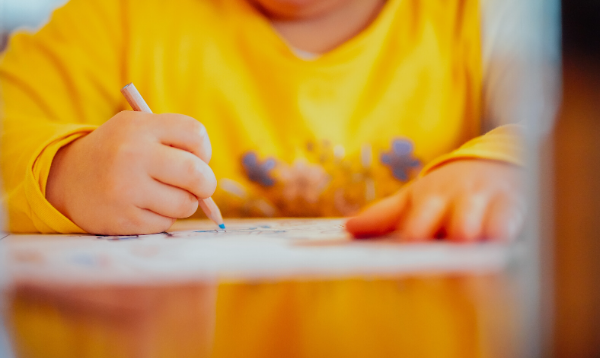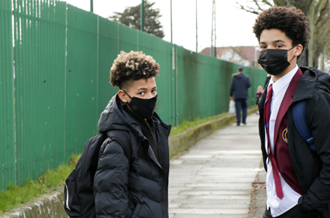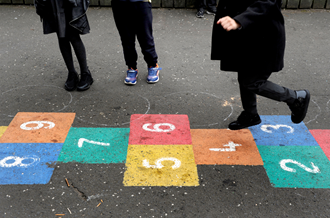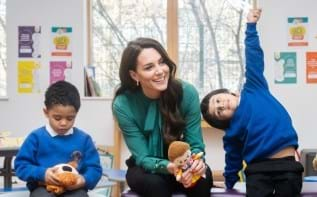Coronavirus: supporting children who may be especially vulnerable during times of uncertainty
We realise it can be difficult to know what to say to children about the global crisis (see earlier blog ‘Coronavirus: helpful information to answer questions from children’).
Some children may be especially vulnerable at this time of uncertainty. This may include (but is not limited to) children with Special Educational Needs and Disabilities (SEND), children who are ‘Looked After’ and children who are deemed to be Children in Need. These children may need extra support to ensure that they maintain good levels of wellbeing.
Julia Clements and Paula Nagel, Place2Be's Principal Educational Psychologists, suggest some ways to support children who may be especially vulnerable at this time.

Communication
In line with the child’s age, level of understanding and language development, explain in clear, simple terms, what coronavirus is. Let them know that adults are working hard to keep everyone safe and why there is a need for changes to their normal routine. The following resources may be helpful:
- Coronavirus story by Elsa Support
- My Story About Pandemics and the Coronavirus - Carol Gray
- COVIBOOK (translated into 21 languages)
Focus on what will stay the same
For children who find change particularly stressful, reassure them about what will stay the same in their lives, despite all the changes. Many children will find it reassuring to be reminded that there is some consistency, for example, in where they live, who looks after them, the fact that school work and home work still needs to be done, the fact that they can still watch their favourite TV programmes etc.
Extra support
Some children may need particular support to help manage their anxiety or low mood. They may be particularly triggered by events such as seeing supermarket shelves emptying quickly – especially if they have experienced neglect or if particular foods become scarce or unavailable. Remember that a change in behaviour, such as restlessness, being more disruptive than usual or becoming quieter, may be underpinned by stress and anxiety.
The following resources may be helpful:
News & blogs

"Art is a superpower" - Xavier Leopold on how creativity unlocks our emotions
This Children’s Art Week Xavier Leopold, a self-taught artist, writes about what he has learnt from art as a creative outlet.
Read more
Five hopes for children's mental health
Professor Tamsin Ford and Dr Ariadna Albajara Saenz share their hopes for improving children’s mental health.
Read more
Covid-19 and Children and Young People’s Mental Health: where are we now?
Alex Hartley, Lauren Cross and Professor Tamsin Ford of the University of Cambridge on the mental health impacts of Covid-19.
Read more



